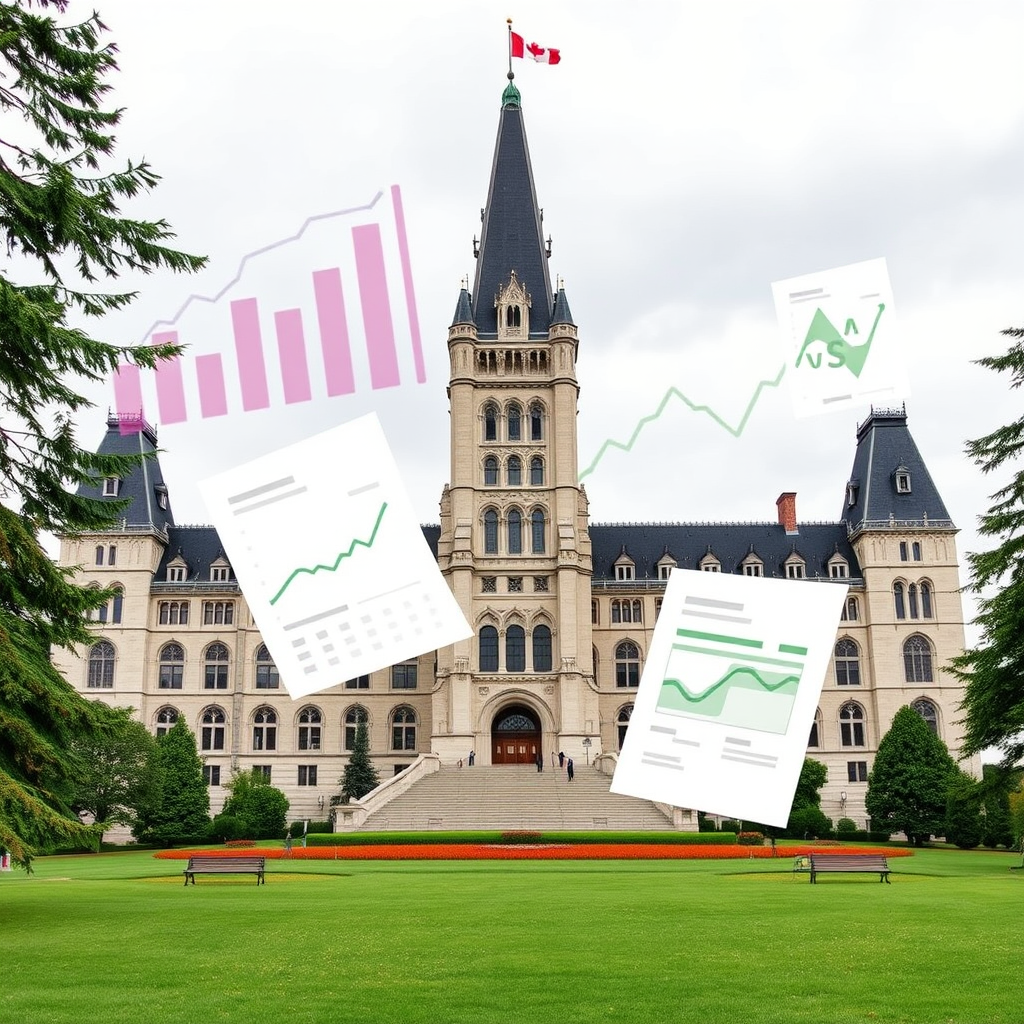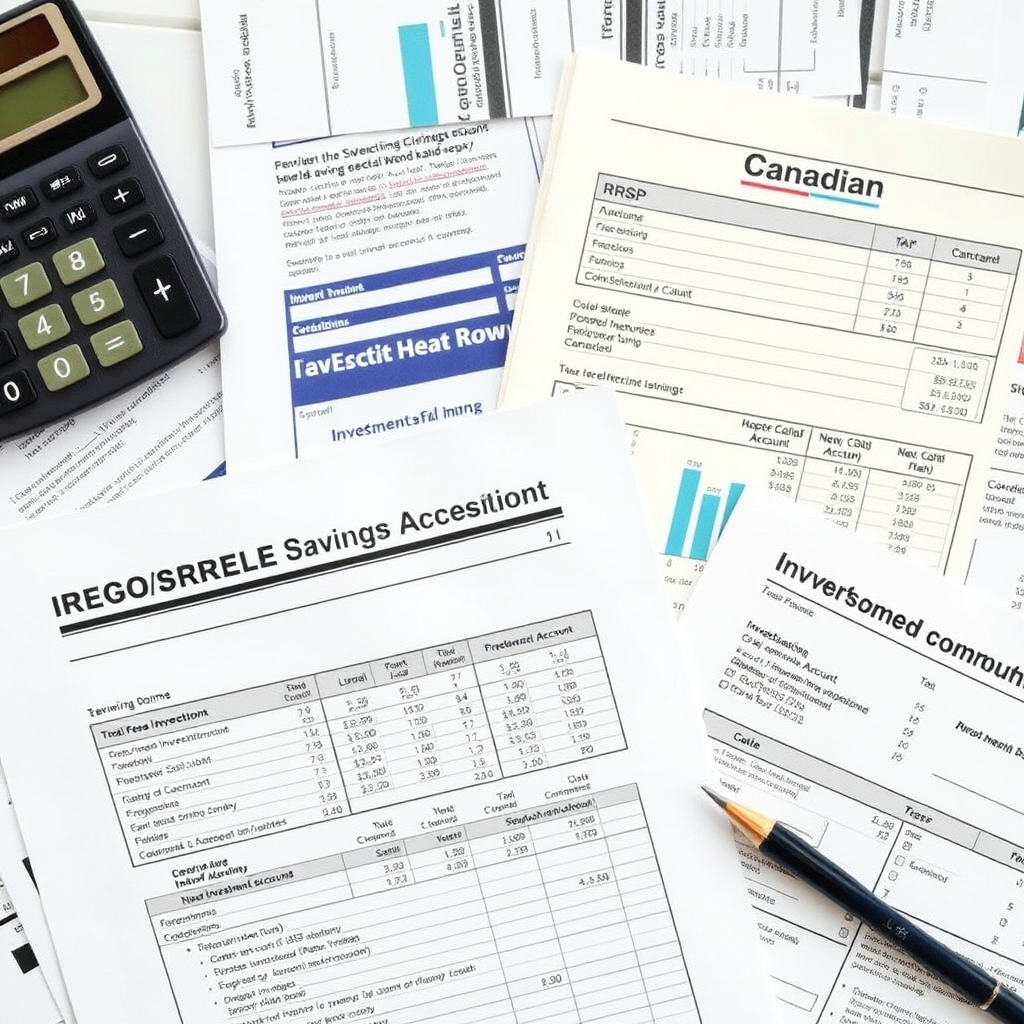
Proposed Capital Gains Tax Adjustments
Federal finance officials are considering modifications to the capital gains inclusion rate, which could substantially impact how investment returns are taxed for Canadian investors. Currently, 50% of capital gains are included as taxable income, but proposed changes may alter this fundamental structure.
For investors working with smaller amounts, such as those looking to invest 250 dollars in Canada, these changes could affect the net returns on growth-oriented investments. Tax professionals emphasize that even modest investment amounts can be significantly impacted by taxation policy shifts over time.
Key Proposed Changes:
- Potential adjustment to capital gains inclusion rates for different income brackets
- Modified treatment of investment property gains
- Enhanced small business investment incentives
- Revised rules for registered account contributions
Impact on Registered Investment Accounts
The proposed budget may introduce changes to TFSA and RRSP contribution limits and withdrawal rules. These modifications could particularly affect Canadians exploring low budget investments with high returns within tax-sheltered accounts.

Financial planners note that these changes could influence strategies for passive income generation and long-term wealth accumulation. Investors utilizing ETFs with little money may need to reconsider their asset allocation within registered accounts.
Professional Perspectives on Investment Strategy Adjustments
Leading tax professionals across Canada are advising clients to prepare for potential strategy modifications. Sarah Chen, a certified financial planner from Toronto, explains: "These proposed changes could significantly impact how we approach portfolio construction, especially for clients seeking the best way to grow small amounts of capital."
"Investors need to understand that tax efficiency becomes even more critical when working with limited capital. Every dollar saved in taxes can be reinvested for compound growth."
The consensus among financial professionals is that Canadians should review their current investment approaches, particularly those utilizing stock trading apps with low deposits or exploring crypto investing with small amounts.
Implications for Different Investment Approaches
Traditional Investments
Stocks, bonds, and mutual funds may see altered tax treatment, affecting long-term return calculations and portfolio rebalancing strategies.
Alternative Investments
Cryptocurrency and other digital assets may face specific taxation rules, impacting strategies for crypto investing with limited capital.
Investment advisors are particularly focused on how these changes might affect Canadians exploring high yield savings versus investing decisions. The tax implications could shift the balance between conservative and growth-oriented approaches.
Preparing for Potential Changes
Financial experts recommend that Canadian investors take proactive steps to prepare for these potential changes. This includes reviewing current investment allocations and considering tax-efficient strategies that remain viable under various scenarios.

For those interested in small capital investment ideas, the key is maintaining flexibility while building a foundation for long-term growth. Tax-efficient investing becomes even more crucial when working with limited initial capital.
Action Items for Investors:
- Review current portfolio tax efficiency
- Consider timing of investment decisions
- Evaluate registered account utilization
- Consult with qualified tax professionals
Timeline and Implementation Expectations
The federal budget is expected to be released in early 2025, with most tax changes taking effect for the 2025 tax year. This provides Canadian investors with a window to adjust their strategies and optimize their portfolios under current rules.
Industry analysts suggest that investors should avoid making hasty decisions based on speculation, but rather focus on building robust, diversified portfolios that can adapt to changing tax environments. This approach is particularly relevant for those exploring fastest ROI investment options while maintaining long-term perspective.
Long-term Wealth Building Considerations
Despite potential tax changes, the fundamental principles of successful investing remain constant: diversification, regular contributions, and long-term thinking. Canadian investors should focus on building sustainable wealth-building strategies that can weather policy changes.
The proposed changes underscore the importance of tax-aware investing, particularly for those starting with smaller amounts. Understanding how to make passive income with small amounts becomes even more valuable when tax efficiency is optimized.
As the federal budget approaches, Canadian investors are encouraged to stay informed about proposed changes while maintaining focus on their long-term financial goals. Professional guidance can help navigate the evolving tax landscape and ensure investment strategies remain aligned with personal objectives.